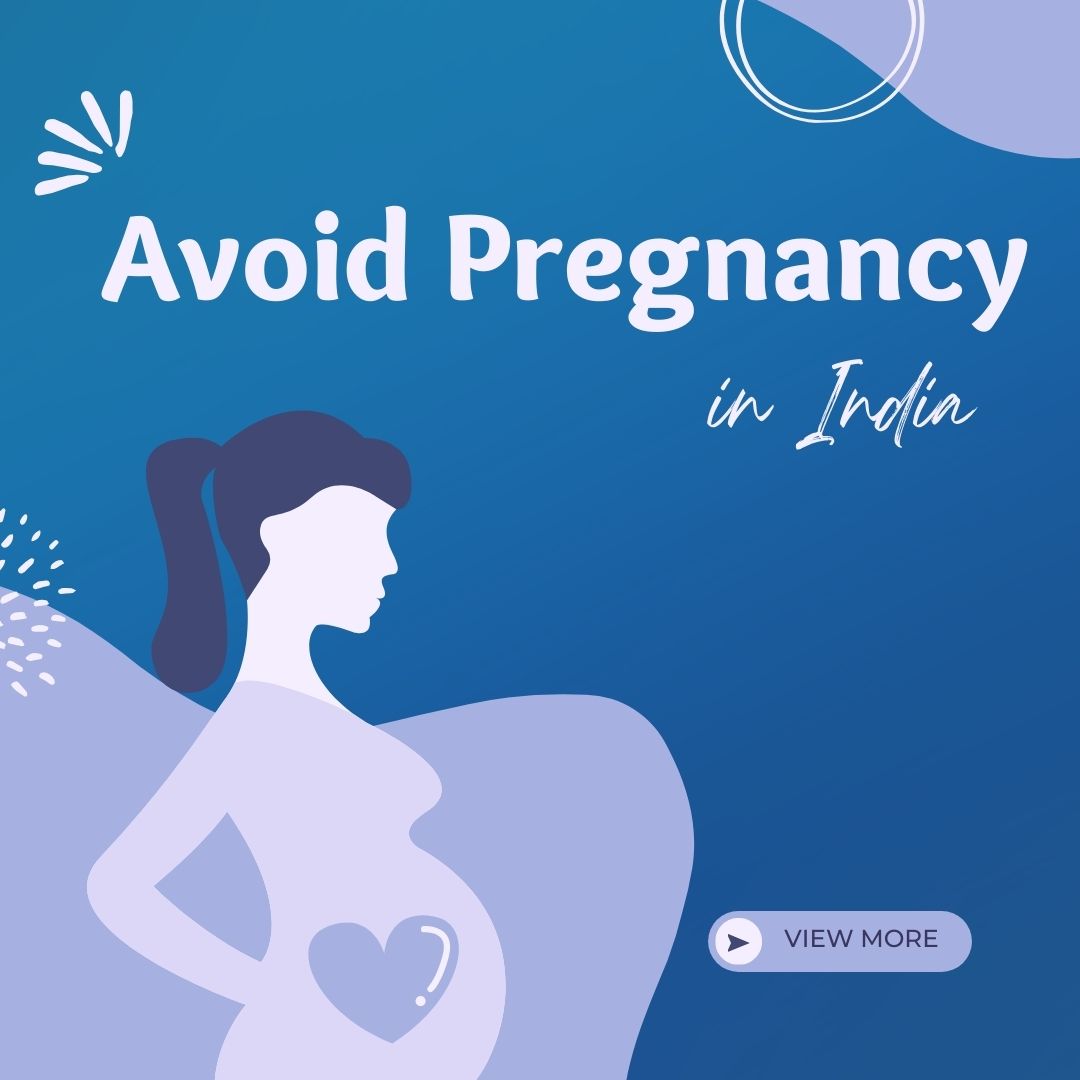India has witnessed a growing awareness of family planning and contraception, with birth control pills emerging as a popular choice for women seeking effective pregnancy prevention. Pills to avoid pregnancy in India are easily accessible, affordable, and offer a high success rate when used correctly. However, their effectiveness depends on multiple factors, including proper usage, health conditions, and lifestyle choices. In this blog, we explore the effectiveness of birth control pills, how they work, their advantages and limitations, and what women in India should consider before choosing them.
Understanding Pills to Avoid Pregnancy in India
Birth control pills, commonly known as oral contraceptives, contain synthetic hormones that prevent pregnancy by altering the body’s natural reproductive processes. There are two main types of contraceptive pills available in India:
- Combined Oral Contraceptive Pills (COCs): These contain both estrogen and progestin, which work together to prevent ovulation, thicken cervical mucus to block sperm, and thin the uterine lining to reduce the chances of implantation.
- Progestin-Only Pills (Mini-Pills): These contain only progestin and primarily work by thickening cervical mucus and suppressing ovulation. They are often recommended for breastfeeding mothers and women who cannot take estrogen-based pills.
How Effective Are Contraceptive Pills?
The effectiveness of pills to avoid pregnancy in India largely depends on their correct and consistent use. The typical effectiveness rates are:
- Perfect Use: When taken at the same time every day without missing any dose, birth control pills have a success rate of over 99%, meaning fewer than 1 out of 100 women will get pregnant in a year.
- Typical Use: In real-life scenarios, where women may forget doses or take pills at irregular times, the effectiveness drops to around 91%, meaning about 9 out of 100 women may experience an unplanned pregnancy in a year.
Factors Affecting the Effectiveness of Birth Control Pills
Several factors can influence the effectiveness of contraceptive pills in preventing pregnancy:
- Consistency: Missing pills or taking them at irregular intervals significantly reduces their effectiveness.
- Interactions with Medications: Certain antibiotics, antifungal drugs, and epilepsy medications can interfere with the pill’s effectiveness.
- Vomiting or Diarrhea: If a woman vomits or has diarrhea within a few hours of taking the pill, its absorption can be affected, making it less effective.
- Obesity: Some studies suggest that women with a higher body mass index (BMI) may experience reduced efficacy of hormonal contraceptives.
Advantages of Using Birth Control Pills in India
Women in India prefer contraceptive pills for several reasons, including:
- High Effectiveness: When used correctly, birth control pills offer one of the most reliable methods of preventing pregnancy.
- Regulation of Menstrual Cycles: Many women use contraceptive pills to manage irregular periods, reduce menstrual cramps, and alleviate symptoms of polycystic ovary syndrome (PCOS).
- Reduction of Acne and PMS Symptoms: Hormonal balance from contraceptive pills helps reduce acne outbreaks and symptoms of premenstrual syndrome (PMS).
- Lower Risk of Certain Cancers: Studies suggest that long-term use of birth control pills reduces the risk of ovarian and endometrial cancers.
Limitations and Side Effects of Birth Control Pills
While pills to avoid pregnancy in India offer numerous benefits, they are not without drawbacks. Some potential side effects and concerns include:
- Minor Side Effects: Nausea, headaches, weight gain, mood swings, and breast tenderness are common initial side effects.
- Risk of Blood Clots: Women with pre-existing conditions such as hypertension, diabetes, or a history of blood clots should consult a doctor before using birth control pills.
- No Protection Against STDs: Contraceptive pills do not provide protection against sexually transmitted diseases (STDs) or infections (STIs). Barrier methods like condoms should be used for added protection.
- Prescription Requirement: Some contraceptive pills require a doctor’s consultation before purchase, although over-the-counter options are available.
Accessibility and Availability of Birth Control Pills in India
In India, contraceptive pills are widely available in pharmacies, healthcare clinics, and online stores. Some commonly used brands include:
- Unwanted 21 Days – A widely used combined oral contraceptive pill.
- Mala-D – A government-subsidized, affordable option available in public health centers.
- i-Pill – An emergency contraceptive pill, not meant for regular use but for preventing pregnancy after unprotected intercourse.
Most birth control pills are available without a prescription, but it is always advisable to consult a gynecologist before starting any contraceptive regimen.
Comparing Pills to Other Contraceptive Methods
While pills to avoid pregnancy in India are effective, they are not the only option available. Here’s how they compare to other common contraceptive methods:
- Condoms: Offer protection against STDs and pregnancy but have a higher failure rate (85-98% effective with proper use).
- Intrauterine Devices (IUDs): Provide long-term protection (5-10 years) with an effectiveness rate of over 99%.
- Injectables: Hormonal injections like Depo-Provera provide protection for up to 3 months.
- Implants: Small rods placed under the skin that release hormones and are effective for 3-5 years.
- Permanent Solutions: Surgical methods like tubal ligation offer a permanent solution for women who do not wish to conceive in the future.
Key Takeaways for Indian Women
- Birth control pills are highly effective when used correctly but require consistency.
- Women should consult a doctor before starting oral contraceptives to assess health risks.
- Contraceptive pills do not protect against STDs; using condoms alongside pills is advisable.
- Several brands of contraceptive pills are easily available in India at affordable prices.
- Alternative contraceptive options should be considered based on lifestyle, convenience, and medical history.
Conclusion
Pills to avoid pregnancy in India are an effective and convenient choice for many women. With proper use, they provide a reliable means of contraception, along with additional benefits such as menstrual cycle regulation and acne reduction. However, it is crucial to understand their limitations, consult a healthcare professional, and use them responsibly. Whether you choose birth control pills or explore other contraceptive options, making an informed decision ensures better reproductive health and family planning.
